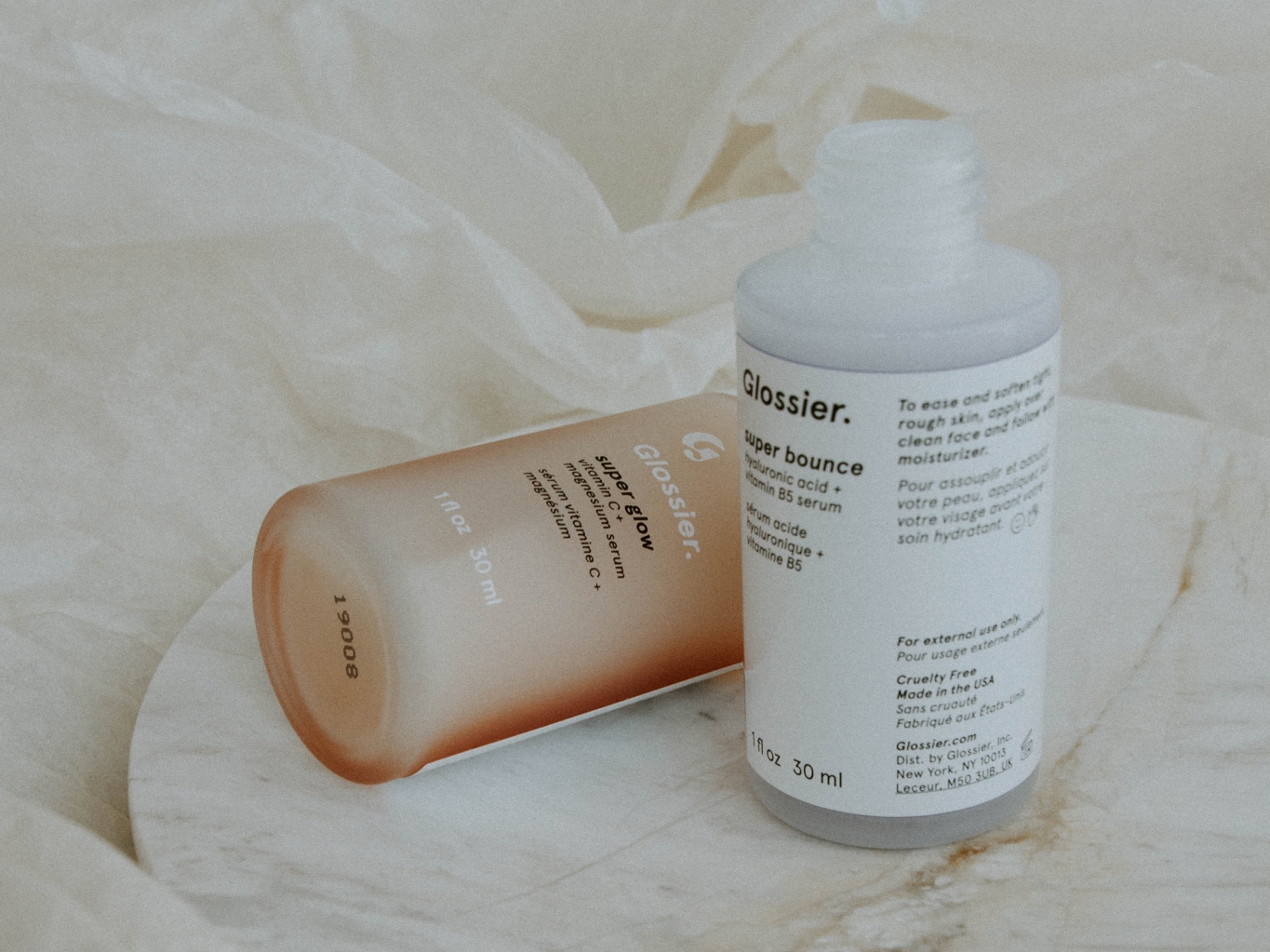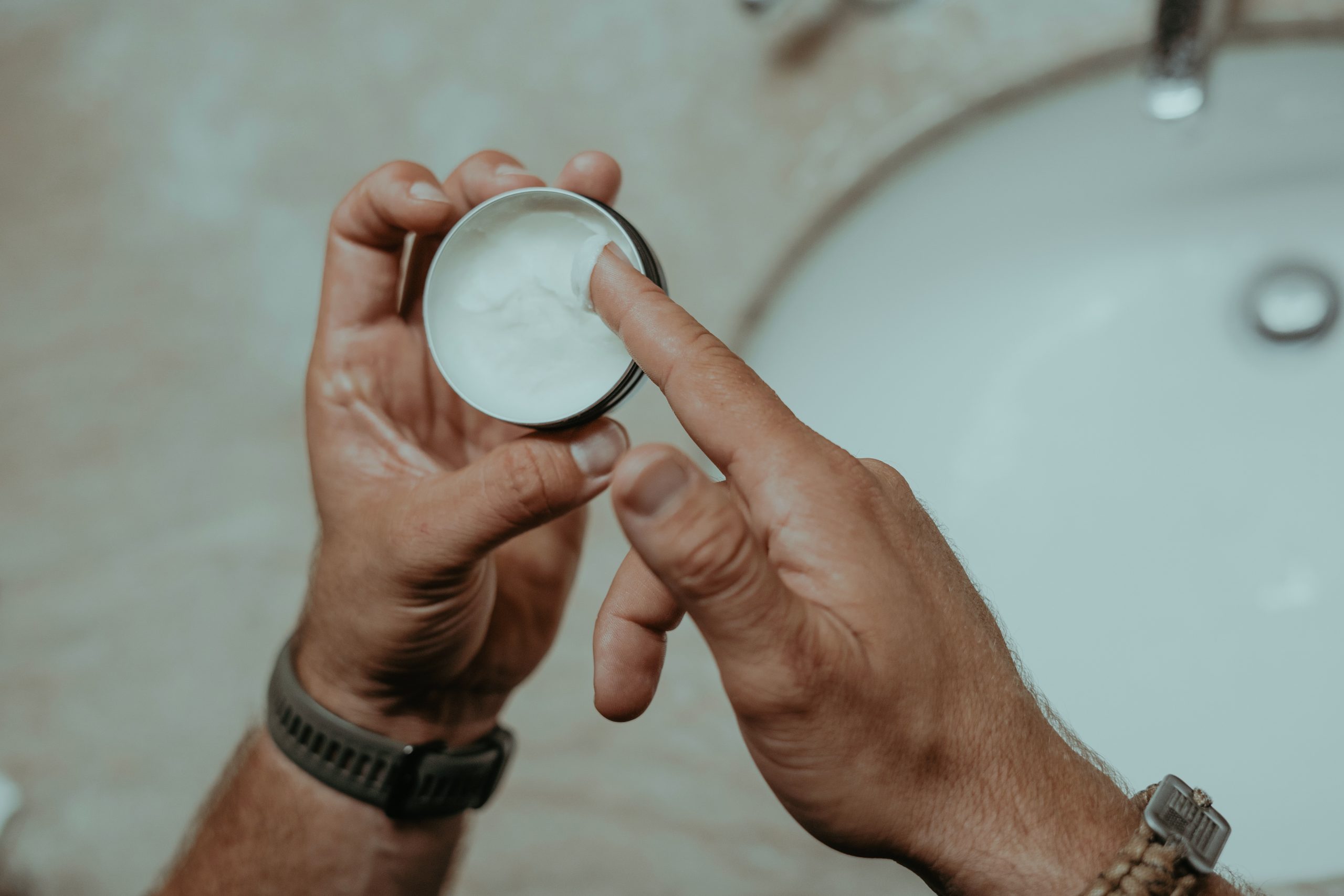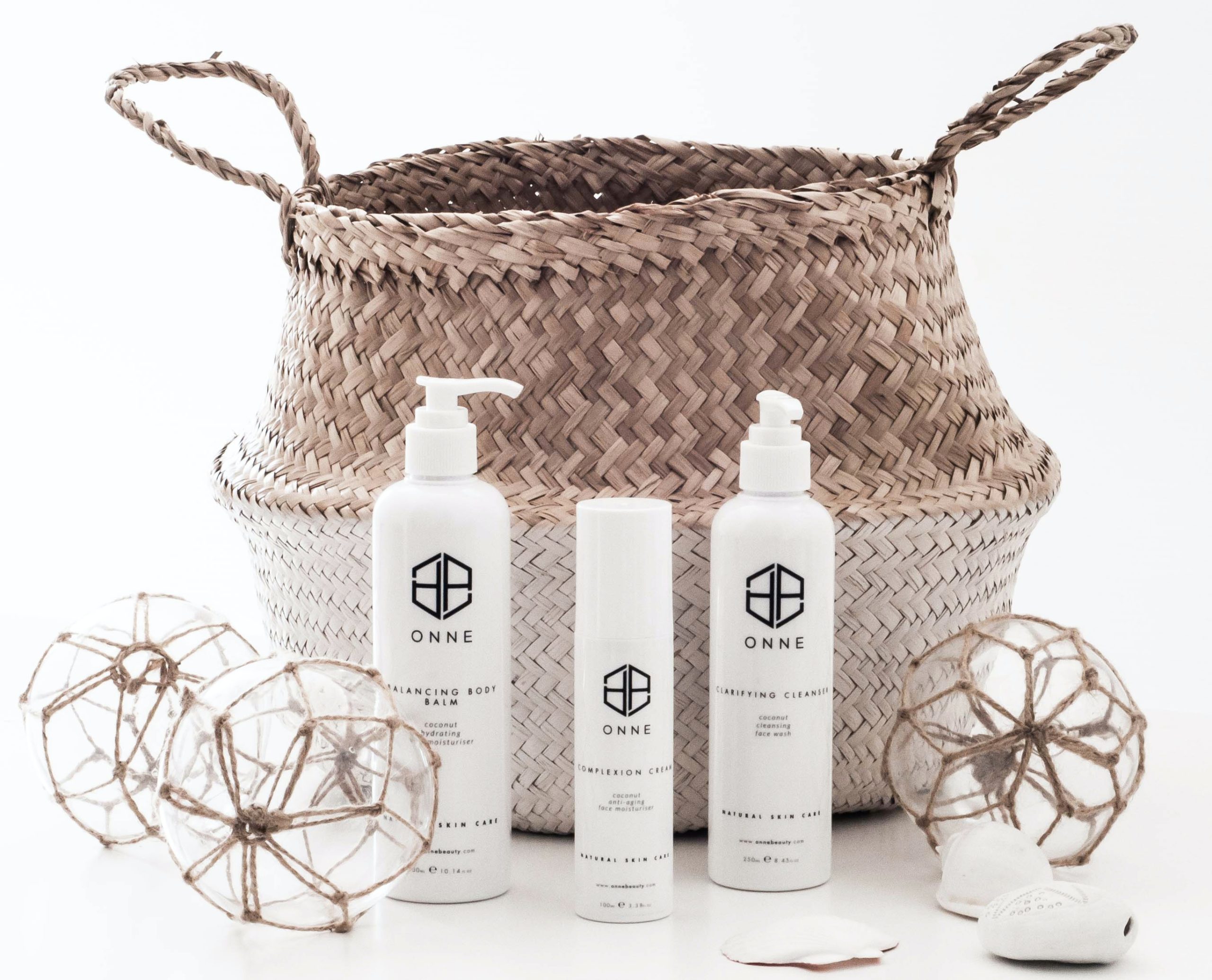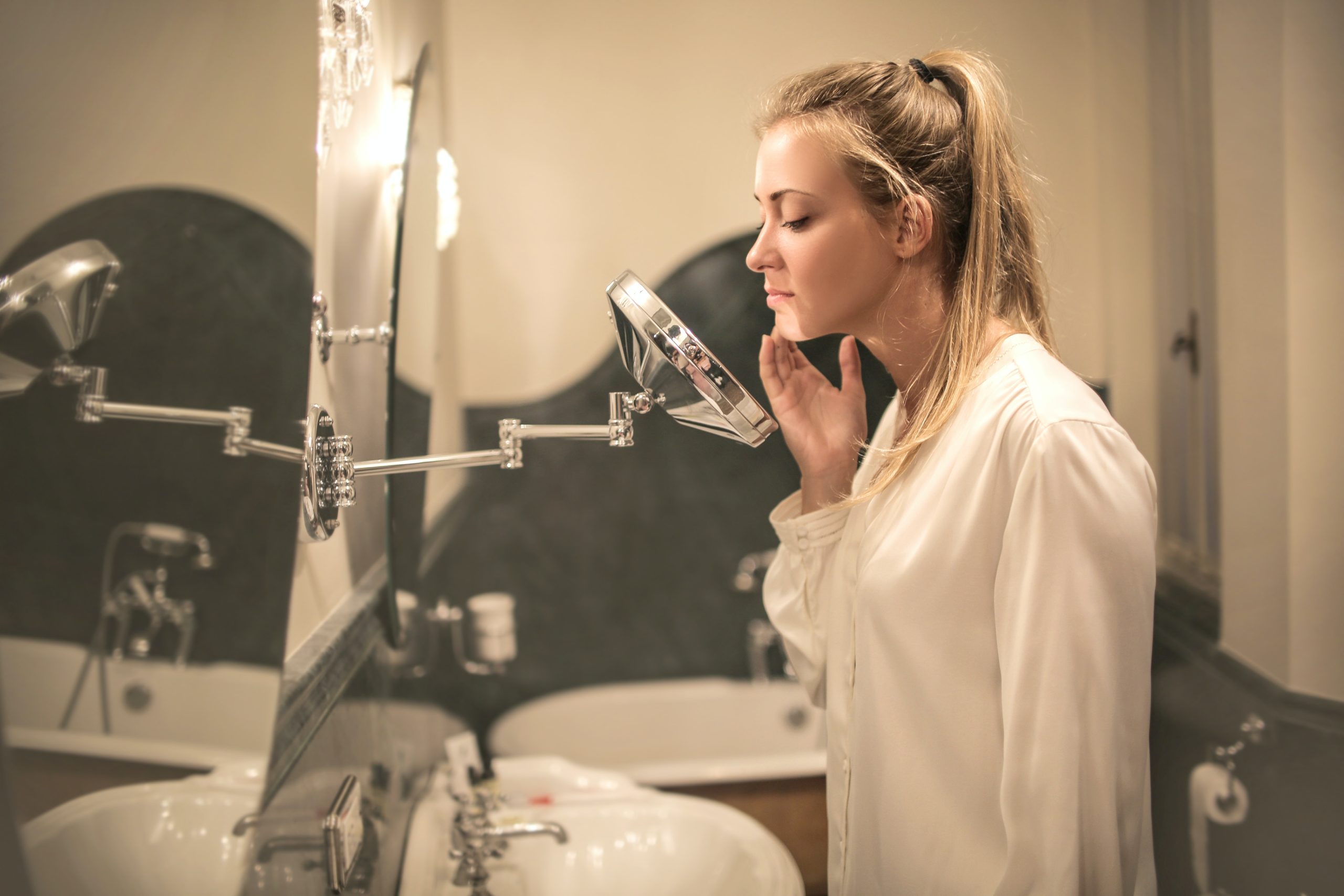Most of the time, people and articles alike will recommend ways you can prevent or treat acne. But, more often than not, those articles will not provide you with the tips and advice on the things you should not be doing that relate to your acne. This article seeks to do just that.
Exfoliation is key to avoiding acne. Skin cells die naturally, but when they are not cleaned off of your face properly through exfoliation, they can lead to a buildup of oil and clog your pores, which leads to a breakout of acne. Use a face wash or scrubbing tool, that will properly exfoliate your skin.
To prevent the spread of an acne breakout, do not pick or pop your pimples. Although it is tempting to try and pop a zit that has appeared on your face, doing so is the easiest way to spread bacteria from that pimple onto the rest of your face – causing a larger breakout.
Avoiding acne can be as simple as just washing your pillow cases every other day. Every time you lay on your pillows, the case absorbs dirt and oils from your skin. The amount of time spent on your pillow helps reapply the dirt and oils that clog your pores leading to acne. Washing your pillow cases every other day, helps to keep your face clean.
For more extreme cases of acne infection the sufferer should consult a dermatologist. It might seem excessive to call in a medical expert for mere pimple problems, but the very expertise a dermatologist brings to an acne sufferer is immensely effective. A trained dermatologist will be able to diagnose the precise causes of acne and prescribe the most powerful medications to fight it.
It is important to reduce your stress levels if you are having difficulty getting rid of acne. Stress causes skin problems, so teaching yourself how to relax can cause a dramatic improvement in the way you look. Try exercising or using a breathing exercise to reduce your stress levels.
To prevent oily skin that can make it easier to get acne, you should always apply hypoallergenic moisture cream or lotion after every wash. Dry skin indirectly results in acne by producing oil to protect and lubricate itself. This leads to a clogging of the pores, the main cause of acne.
Garlic is a natural antioxidant, and it can help acne problems. Garlic will get rid of toxins in your system and help new skin grow. Eat garlic with dinner or on a bagel to help with acne.
Working out is beneficial for the body, but it can often cause more breakouts. If you are prone to getting acne on your chest and back, switch to a body wash that contains salicylic acid. This is the main ingredient in several face washes. It will help unclog your pores.
If you have clogged pores, oily skin or blemish-prone facial skin, then you should exfoliate regularly. Exfoliation helps oily skin by sloughing off sebum, dead skin cells and other surface impurities. By keeping the pores unclogged, you are preventing buildups of debris and bacteria. This, in turn, helps to avoid inflammation or acne lesions.
Are you aware that using a cell phone can result in pimples? Cell phones or anything that you press to your face will transfer outside oils onto your face. Keep your phone clean by wiping it with an alcohol-dampened, soft material. Don’t hold your cell phone against your face while you’re talking.
If you have deep, cystic acne, you may find that over-the-counter medications aren’t very helpful. A dermatologist may prescribe Accutane for these kinds of cases. Accutane is a powerful medication that is taken as a pill, and generally is not prescribed lightly. If your doctor feels this is the right treatment for you, be sure to take it exactly as prescribed, and always report any side effects to your physician.
To help you eliminate acne you should be careful of the type of face wash you are using. Many products that claim to help get rid of acne can actually make it worse because they over-dry your skin causing it to break out further. Look for a face wash like Cetaphil that won’t remove excess oil from your skin.
When you have an outbreak of acne, do not scratch, squeeze or pick at your blemishes. By doing any of these actions, you could push the bacteria deeper into the skin’s surface. Squeezing, scratching or picking at the blemishes will also promote further damage to the area of skin surrounding the blemish which can lead to acne scarring.
Keep the water flowing if you want to make a dent in your acne flare-ups. When our skin is dehydrated, you will shed the dead skin cells effectively which can cause blocked pores and increases in your acne problems. Try to drink at least 2 liters of water per day for optimum affect.
To help improve your acne problem avoid excessive sun exposure. A small amount of sun exposure is healthy for the skin and a light tan will help to hide some of the redness associated with acne. Too much exposure to sunlight, however, will cause skin to shed more than normal, resulting in clogged pores and an eventual increase in acne.
Typically all acne related articles and advice from people is based upon what you can do to prevent and even treat acne. However, if you can apply the tips and information from this article based on what you should not be doing in regards to acne, you will find yourself in a better situation.




